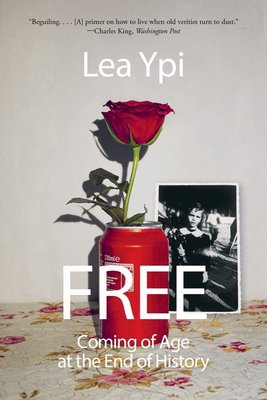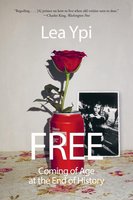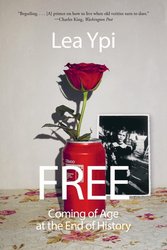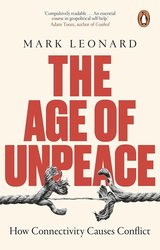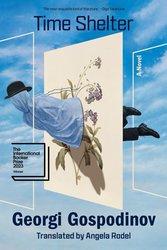Winner of the Royal Society of Literature Ondaatje Prize Winner of the Slightly Foxed Best First Biography Award Shortlisted for the Costa Biography Award • Shortlisted for the Baillie Gifford Prize for Non-Fiction • Shortlisted for the Gordon Burn Prize Named a Best Book of the Year by the New Yorker , Washington Post , Financial Times , Guardian , Times Literary Supplement , Foreign Affairs , Public Books , and Sunday Times In a memoir that is by turns "bitingly, if darkly, funny…and truly profound" (Max Strasser, New York Times ), Lea Ypi reflects on "freedom" as she recounts living through the end Communism in the Balkans as a child. "Beguiling…[A] primer on how to live when old verities turn to dust." ―Charles King, Washington Post Family and nation formed a reliable bedrock of security for precocious 11-year-old Lea Ypi. She was a Young Pioneer, helping to lead her country toward the future of perfect freedom promised by the leaders of her country, the People’s Socialist Republic of Albania. Then, almost overnight, the Berlin Wall fell and the pillars of her society toppled. The local statue of Stalin, whom she had believed to be a kindly leader who loved children, was beheaded by student protestors. Uncomfortable truths about her family’s background emerged. Lea learned that when her parents and neighbors had spoken in whispers of friends going to “university” or relatives “dropping out,” they meant something much more sinister. As she learned the truth about her family’s past, her best friend fled the country. Together with neighboring post-Communist states, Albania began a messy transition to join the “free markets” of the Western world: a dystopia of pyramid schemes, organized crime, and sex trafficking. Her father, despite his radical left-wing convictions, was forced to fire workers; her mother became a conservative politician on the model of Margaret Thatcher. Lea’s typical teen concerns about relationships and the future were shot through with the existential: the nation was engulfed in civil war. Ypi’s outstanding literary gifts enable her to weave together this colorful, tumultuous coming-of-age story in a time of social upheaval with thoughtful, fresh, and invigorating perspective on the relation between the personal and the political, and on deep questions about freedom: What does freedom consist of, and for whom? What conditions foster it? Who among us is truly free?
